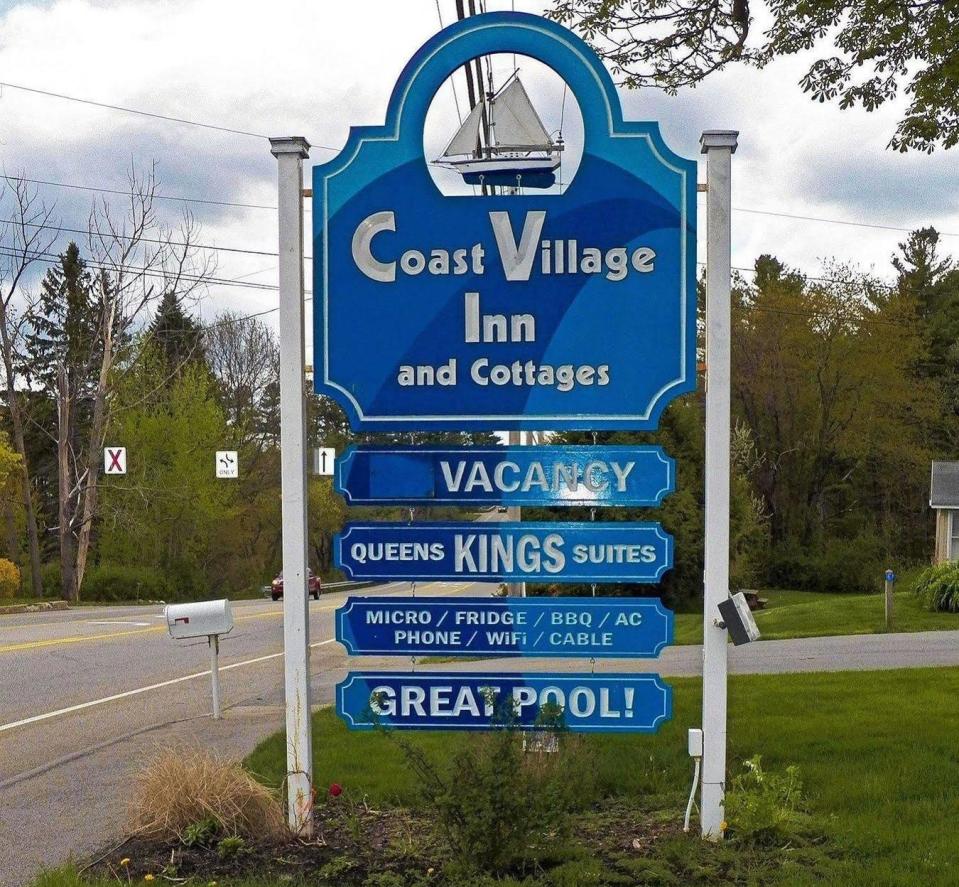Supreme Court dismisses case involving Wells hotel and ADA enforcement
WASHINGTON (AP) — The Supreme Court on Tuesday dismissed a case surrounding a Wells, Maine hotel that could have made it harder for people with disabilities to learn in advance whether a hotel's accommodations meet their needs.
Hotels and other business interests had urged the justices to limit the ability of so-called testers to file lawsuits against hotels that fail to disclose accessibility information on their websites and through other reservation services.
The information is required by a 2010 Justice Department rule. People who suffer discrimination can sue under the landmark Americans With Disabilities Act, signed into law in 1990.

The justices did not issue a decision on the substance of the case. Instead, they dismissed the case and threw out a lower court ruling in favor of tester lawsuits. The outcome leaves the issue unresolved nationally.
Previous story: How a hotel in Wells, Maine, sparked a US Supreme Court battle over ADA enforcement
Federal courts in some parts of the country allow such lawsuits. In others, those suits are barred.
The case in front of the court involved whether Deborah Laufer, a woman with disabilities, has the right to sue Coast Village Inn and Cottages in Wells, Maine, that lacked the accessibility information on its website, despite having no plans to visit it.
Laufer, who lives in Florida, has filed over 600 federal lawsuits against hotel owners and operators.
A district court dismissed her complaint, but the federal appeals court in Boston revived it. Appeals courts around the country have issued conflicting rulings over whether ADA testers have standing to sue if they don't intend to go to the hotels.
Acheson Hotels and the business interests supporting it argued that Laufer's admission that she wasn't planning to visit the hotel should end the case. Acheson owned the hotel, the Coast Village Inn and Cottages in Wells, Maine, when Laufer filed her lawsuit but has since sold it.
On the other side of the case, civil rights groups feared that a broad ruling for the hotel could limit the use of testers who have been crucial in identifying racial discrimination in housing and other areas.
In an effort to forestall an unfavorable ruling, Laufer withdrew her lawsuit against the hotel.
The Coast Village Inn and Cottages currently has a notice at the top of its website that reads: “Please Note: Unfortunately, we do not have the capabilities to provide pet-friendly or ADA compliant lodging. We apologize for the inconvenience!”
This article originally appeared on Portsmouth Herald: Supreme Court dismisses case involving Wells hotel and ADA enforcement

